
Bishkek: The Heart of Kyrgyz Culture and Adventure
Bishkek, the capital of Kyrgyzstan, is a vibrant city that blends Soviet-era architecture with a modern twist. Surrounded by the breathtaking Tien Shan mountains, Bishkek offers a unique combination of natural beauty and urban charm. The city is adorned with wide boulevards, marble-faced public buildings, and numerous parks, making it a pleasant place to explore on foot. A visit to Bishkek is incomplete without experiencing its rich history and culture. The Ala-Too Square, the central square of the city, is a great starting point. Here, you can witness the changing of the guard, explore the State History Museum, and enjoy the beautiful fountains. Nearby, the Osh Bazaar offers a sensory overload with its bustling stalls, selling everything from fresh produce to traditional crafts. For nature lovers, Bishkek serves as a gateway to stunning outdoor adventures. The Ala Archa National Park, located just a short drive from the city, offers scenic hiking trails, picnic spots, and opportunities to spot exotic wildlife. Whether you're interested in trekking through the mountains or simply enjoying a serene picnic by the river, Bishkek provides a perfect escape into nature.
Local tips in Bishkek
- Visit Ala-Too Square in the evening to see the beautiful light displays and enjoy a relaxed atmosphere.
- Make sure to bring cash, as many local markets and smaller shops do not accept credit cards.
- Consider hiring a guide for a day trip to the Ala Archa National Park to make the most of your visit.
- Learn a few basic Russian phrases, as it is widely spoken and will help you navigate the city more easily.
- Try local dishes like plov and lagman at a traditional Kyrgyz restaurant for an authentic culinary experience.
Bishkek: The Heart of Kyrgyz Culture and Adventure
Bishkek, the capital of Kyrgyzstan, is a vibrant city that blends Soviet-era architecture with a modern twist. Surrounded by the breathtaking Tien Shan mountains, Bishkek offers a unique combination of natural beauty and urban charm. The city is adorned with wide boulevards, marble-faced public buildings, and numerous parks, making it a pleasant place to explore on foot. A visit to Bishkek is incomplete without experiencing its rich history and culture. The Ala-Too Square, the central square of the city, is a great starting point. Here, you can witness the changing of the guard, explore the State History Museum, and enjoy the beautiful fountains. Nearby, the Osh Bazaar offers a sensory overload with its bustling stalls, selling everything from fresh produce to traditional crafts. For nature lovers, Bishkek serves as a gateway to stunning outdoor adventures. The Ala Archa National Park, located just a short drive from the city, offers scenic hiking trails, picnic spots, and opportunities to spot exotic wildlife. Whether you're interested in trekking through the mountains or simply enjoying a serene picnic by the river, Bishkek provides a perfect escape into nature.
When is the best time to go to Bishkek?
Iconic landmarks you can’t miss
Osh Bazaar
Explore Osh Bazaar in Bishkek for an unforgettable blend of local culture, flavors, and vibrant shopping experiences.
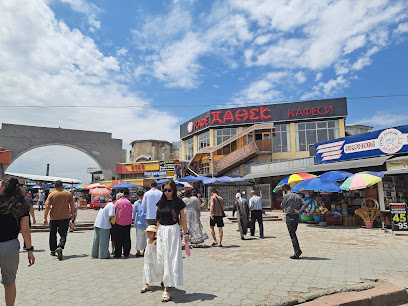
Ala Too Square
Explore the vibrant cultural heart of Bishkek at Ala Too Square, a historical landmark surrounded by stunning architecture and lush gardens.
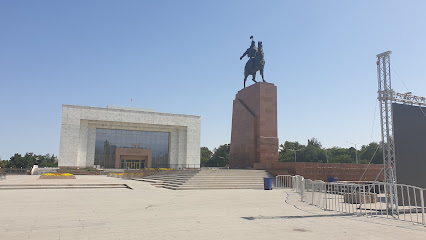
Аламедин Базары
Experience the vibrant culture and local flavors of Bishkek at Alamedin Bazaar, a bustling market filled with fresh produce, handicrafts, and delicious cuisine.
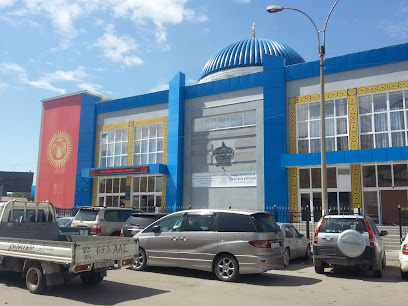
Panfilov Park
Discover the beauty and tranquility of Panfilov Park in Bishkek, a must-visit urban oasis filled with culture, history, and local charm.
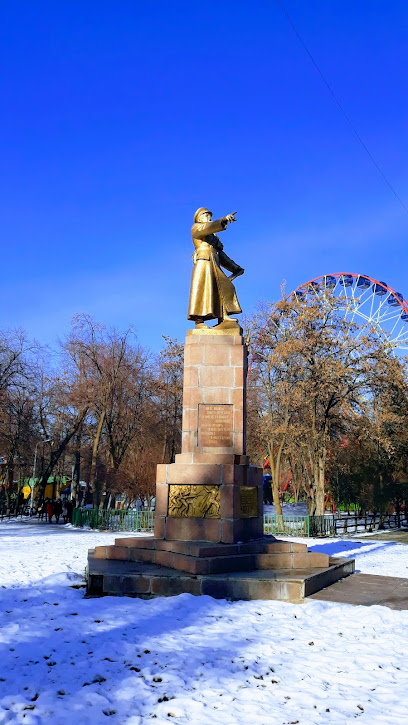
Toktogul Satylganov Philharmonic Hall
Discover the enchanting Toktogul Satylganov Philharmonic Hall, a cultural gem in Bishkek showcasing exceptional musical performances and rich local heritage.
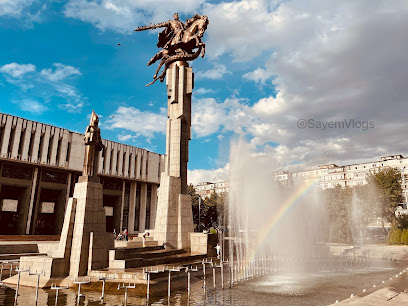
Victory Park
Explore Victory Park in Bishkek, a serene park that honors World War II heroes while offering lush landscapes and a peaceful retreat for tourists.
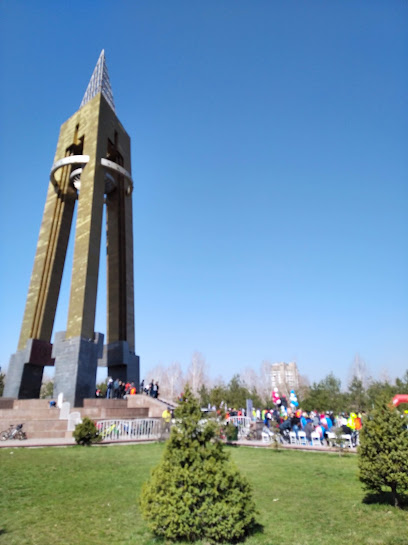
Ata Turk Park
Experience the serene beauty of Ata Turk Park in Bishkek, where nature, culture, and relaxation come together in a perfect urban oasis.
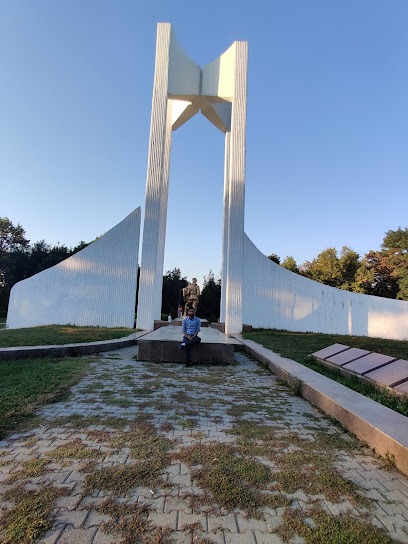
Victory Square
Explore Victory Square in Bishkek, a memorial park that beautifully blends history, culture, and local life in Kyrgyzstan's vibrant capital.
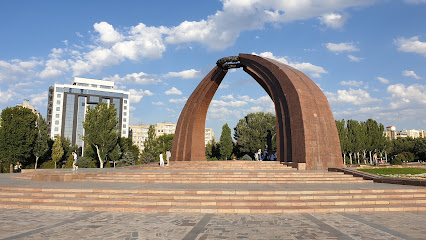
Asanbai Park
Discover the joy of adventure and relaxation at Asanbai Park, Bishkek's top amusement park for families and thrill-seekers.
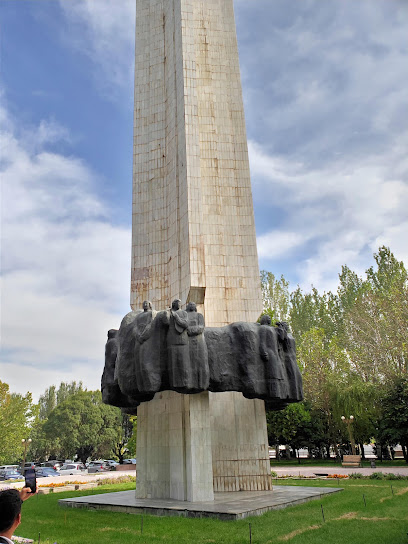
Ala Archa National Park
Discover the breathtaking beauty of Ala Archa National Park, a natural paradise in Kyrgyzstan with stunning mountains, diverse wildlife, and endless outdoor adventures.
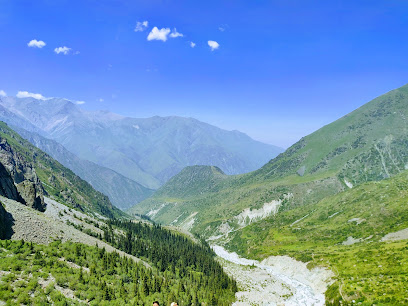
Flamingo
Discover the vibrant Flamingo Amusement Park in Bishkek, a perfect blend of thrilling rides and family-friendly fun amidst beautiful landscapes.
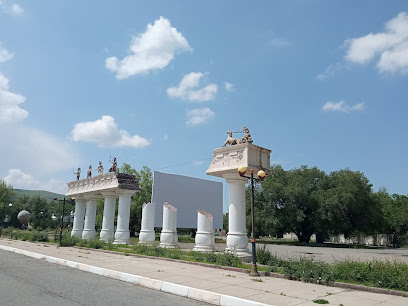
State History Museum
Discover Kyrgyzstan's history through captivating exhibits at the State History Museum in Bishkek, a cultural gem for every traveler.
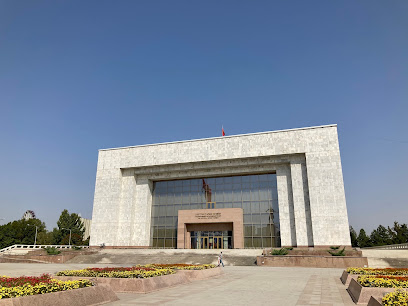
Sheraton Bishkek
Discover the elegance of Sheraton Bishkek, a luxurious hotel offering modern amenities and easy access to the heart of Kyrgyz culture and stunning attractions.
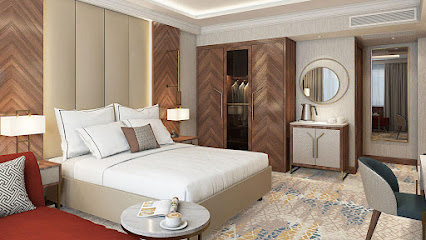
Ak-Keme Hotel
Discover comfort and convenience at Ak-Keme Hotel, your ideal retreat in Bishkek, Kyrgyzstan, blending modern amenities with local charm.

Russian Church
Discover the architectural splendor and serene ambiance of the Russian Orthodox Church in Bishkek, a spiritual haven in the heart of Kyrgyzstan.
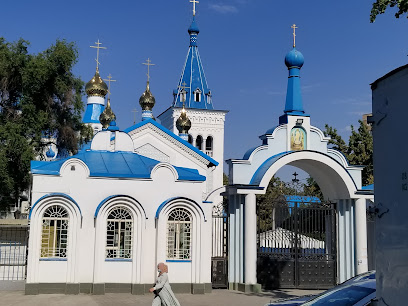
Unmissable attractions to see
Osh Bazaar
Discover the vibrant culture and authentic flavors of Bishkek at Osh Bazaar, a bustling market that showcases the essence of Kyrgyz life.
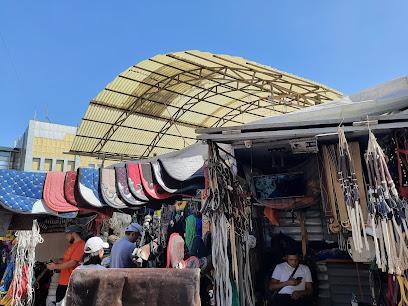
Ala Too Square
Explore the vibrant history and culture of Bishkek at Ala Too Square, a central landmark adorned with stunning architecture and local festivities.
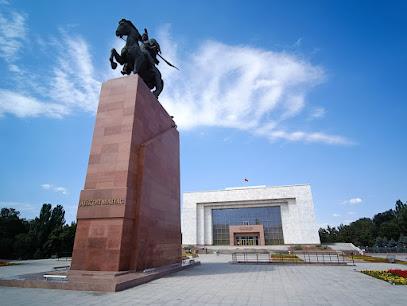
Ata Turk Park
Discover the serene beauty of Ata Turk Park, a lush retreat in Bishkek, perfect for nature lovers and families seeking relaxation and cultural insights.
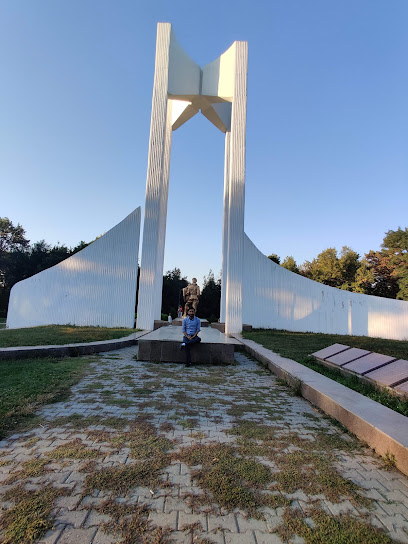
Victory Square
Discover the tranquil beauty and historical significance of Victory Square, a must-see memorial park in the heart of Bishkek, Kyrgyzstan.
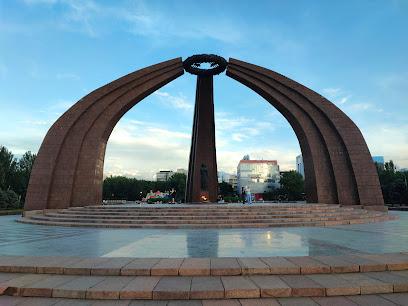
Oak Park
Discover the serene beauty and cultural vibrancy of Oak Park in Bishkek, a perfect retreat for nature lovers and cultural explorers.
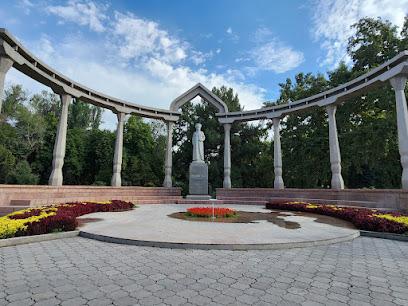
Central Mosque
Explore the stunning Central Mosque in Bishkek, a monumental symbol of faith and culture, offering breathtaking architecture and serene ambiance.
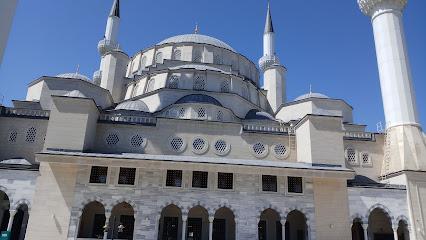
Ala-Too Movie Theater
Experience the best of cinema at Ala-Too Movie Theater in Bishkek, where modern comfort meets a diverse film selection.
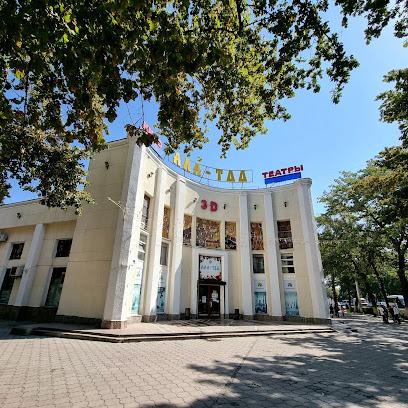
Ala Archa National Park
Explore the breathtaking landscapes of Ala Archa National Park, a natural paradise near Bishkek, perfect for hikers and nature lovers.
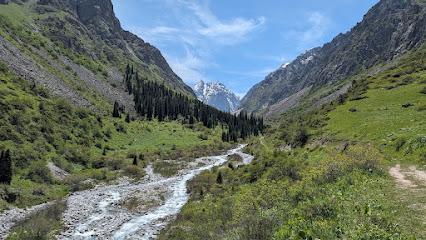
Opera and Ballet Theater
Experience the elegance of performing arts at Bishkek's stunning Opera and Ballet Theater, a cultural gem in Kyrgyzstan.
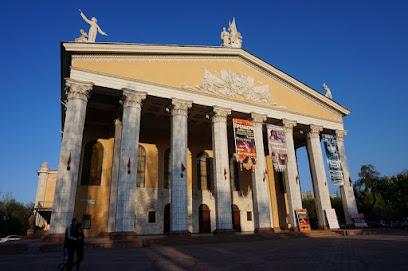
Flag of Kyrgyzstan at Boz-Boltok Mount
Discover the breathtaking views and cultural significance at Boz-Boltok Mount, home to the iconic flag of Kyrgyzstan.
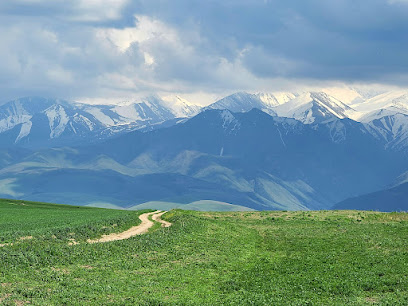
Great Emptiness Museum
Discover the rich cultural tapestry of Kyrgyzstan at the Great Emptiness Museum in Orto Say - where art meets history in a unique setting.
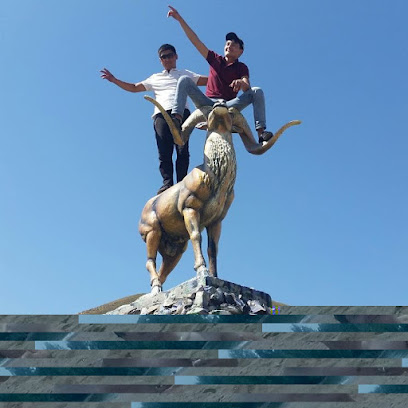
Mini-Zoopark Zhivaya Ekzotika, Ekspozitsiya Zateryannyy Mir
Explore the captivating Mini-Zoopark Zhivaya Ekzotika in Bishkek, where exotic wildlife and immersive experiences await every visitor.

Oak Park Exhibition Hall
Explore the vibrant art scene at Oak Park Exhibition Hall, a cultural haven in Bishkek showcasing local and contemporary artworks.
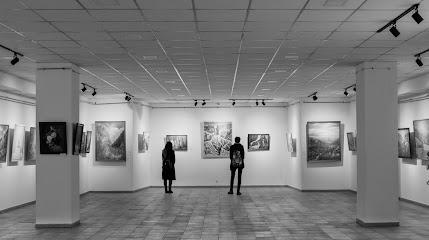
Issyk-Ata water fall
Explore the breathtaking Issyk-Ata Waterfall in Kyrgyzstan, a serene escape into nature's beauty with stunning views and rich biodiversity.
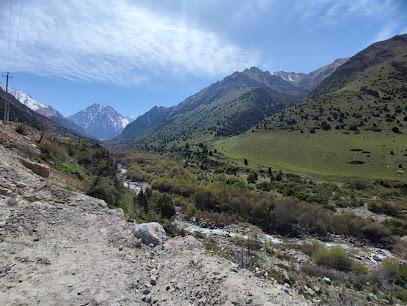
Panorama view to Bishkek. Chon Aryk mountain
Discover the stunning panoramic views of Bishkek and the majestic Tien Shan mountains at Chon Aryk Mountain, a must-see tourist attraction.
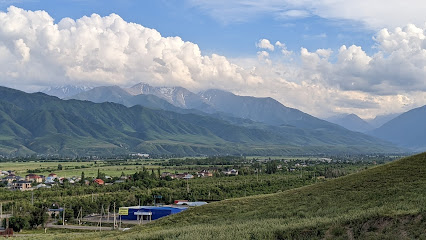
Essential places to dine
Чайхана NAVAT
Savor authentic Asian dishes in a vibrant setting at Чайхана NAVAT, Bishkek's premier destination for culinary delights.
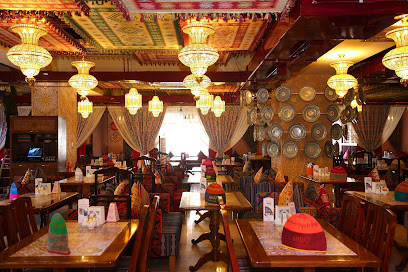
Arzu Restaurant
Savor authentic Kyrgyz cuisine at Arzu Restaurant in Bishkek - where tradition meets taste.
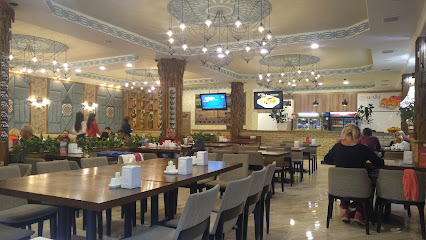
Frunze restaurant
Experience exquisite dining at Frunze Restaurant in Bishkek - where local flavors meet international cuisine in a vibrant setting.
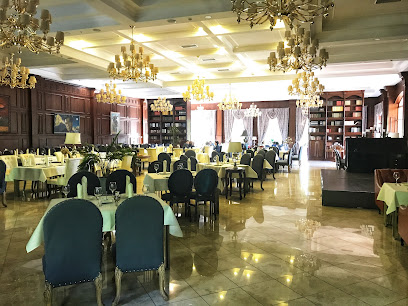
Barashek
Experience authentic Kyrgyz cuisine at Barashek in Bishkek, where tradition meets flavor in a welcoming atmosphere.
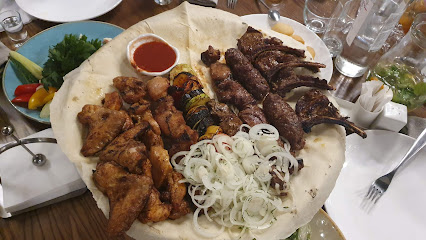
Host
Savor authentic Indian flavors at Host in Bishkek - where every dish tells a story of tradition and taste.
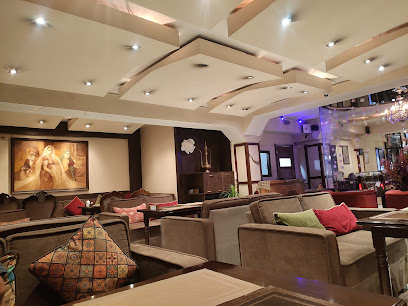
Torro Grill & Bar
Experience the essence of Kyrgyz cuisine at Torro Grill & Bar—where tradition meets modern grilling in an inviting atmosphere.
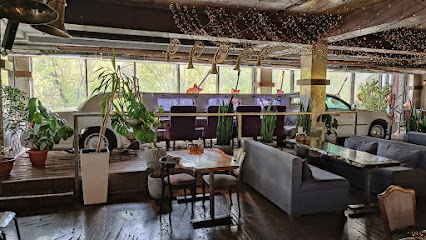
CHICKEN STAR
Experience the best of Korean cuisine at Chicken Star in Bishkek - where flavor meets culture in every bite.
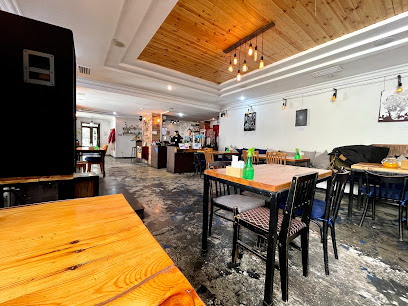
Pishpek
Discover the flavors of Kyrgyzstan at Pishpek Restaurant in Bishkek – where tradition meets taste in a cozy atmosphere.
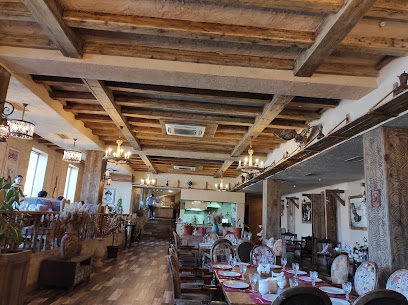
Furusato
Experience authentic Japanese cuisine in Bishkek at Furusato - where tradition meets taste in every dish.
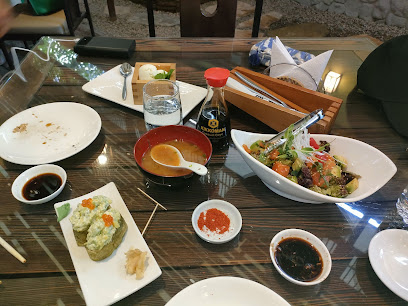
Gandhi Indian Restaurant & Lounge
Experience authentic Indian cuisine at Gandhi Indian Restaurant & Lounge in Bishkek - where every dish tells a story.
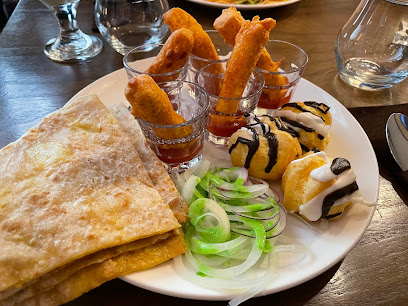
Red Cow
Discover Red Cow in Bishkek – where local flavors meet international cuisine in an elegant setting.
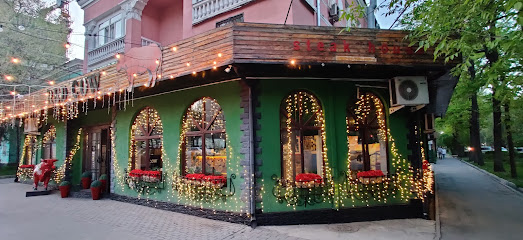
Morya Oyster Bar
Experience the freshest oysters and seafood delicacies at Morya Oyster Bar in Bishkek - where every meal is a celebration of flavor.
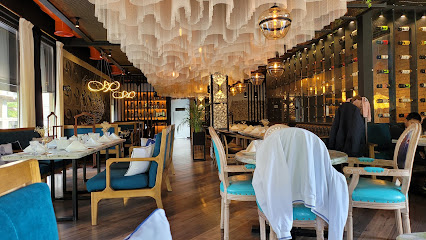
Oblako53
Discover Oblako53: A dynamic restaurant-bar in Bishkek offering diverse flavors and vibrant nightlife.
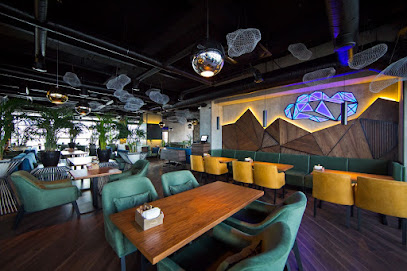
Vinoteka
Experience the best of Kyrgyz and international cuisine at Vinoteka in Bishkek - a must-visit culinary destination.
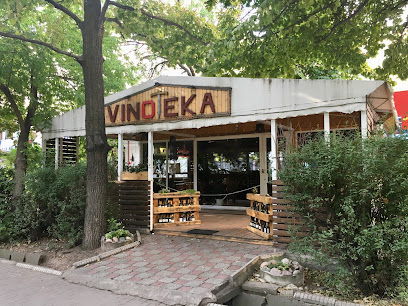
SomeWhere Bistro
Discover culinary delights and vibrant live music at SomeWhere Bistro - Bishkek's premier dining destination blending art and flavor.
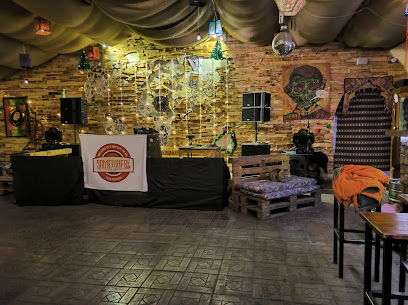
Markets, malls and hidden boutiques
Osh Bazaar
Discover the colorful and bustling Osh Bazaar in Bishkek, a hub of local culture, spices, and authentic Kyrgyz cuisine.
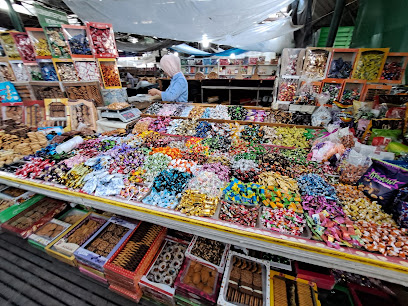
Dordoi Bazaar
Explore the vibrant Dordoi Bazaar in Bishkek, a bustling marketplace filled with local crafts, delicious food, and an authentic cultural experience.
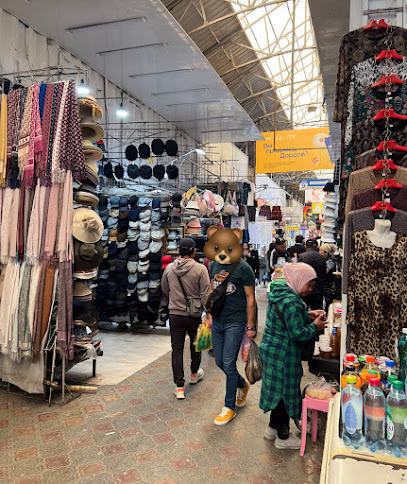
Asia Mall
Discover the vibrant shopping experience at Asia Mall in Bishkek, where fashion meets local culture and culinary delights await.
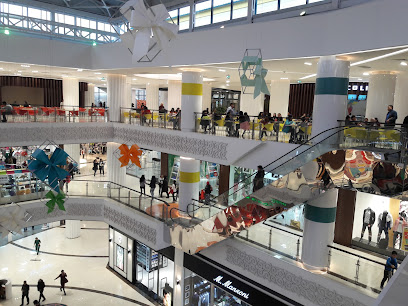
ZUM Aichurok
Discover ZUM Aichurok in Bishkek - a vibrant shopping mall offering a mix of local and international brands, dining options, and entertainment experiences.
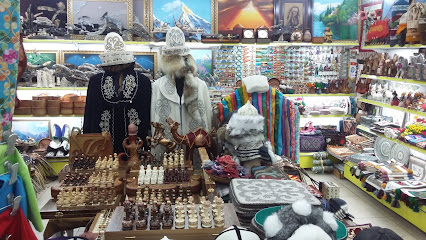
Bishkek Park
Discover Bishkek Park, a vibrant shopping mall in the heart of Bishkek, blending local charm with international brands and delightful dining options.
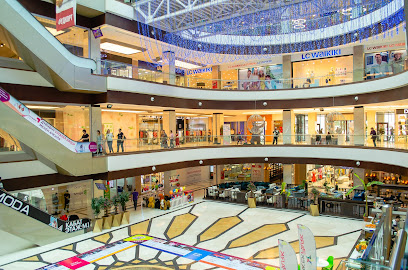
GUM Chynar
Explore GUM Chynar, Bishkek's premier shopping mall, offering a mix of local and international brands, diverse dining options, and a vibrant atmosphere.
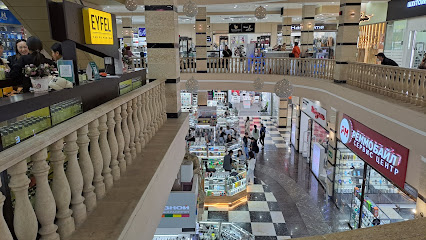
Vefa Center
Discover the vibrant shopping and dining experience at Vefa Center in Bishkek, where culture and commerce blend seamlessly.
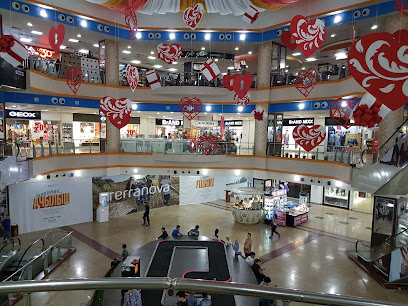
ТРЦ Dordoi Plaza 2
Explore Dordoi Plaza 2: Bishkek's premier shopping destination with local flavors, international brands, and a lively atmosphere for all.
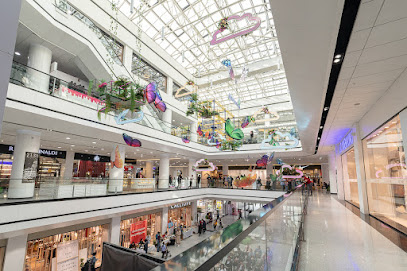
Gipermarket Alma
Explore the vibrant Gipermarket Alma in Bishkek for local delicacies and international products, open 24/7 for all your shopping needs.
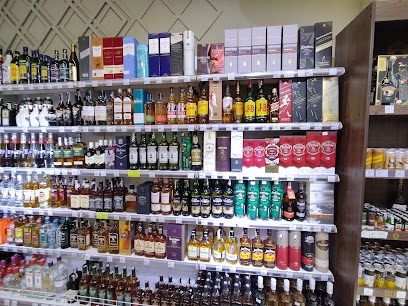
Globus Express
Explore Bishkek's Globus Express for a delightful shopping experience filled with local flavors and international goods.
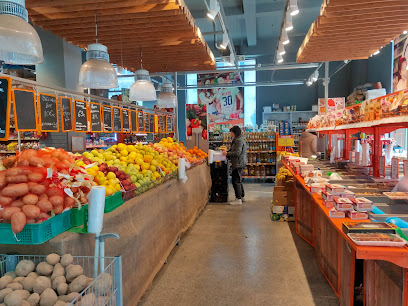
I-Mall shopping mall
Explore the I-Mall Shopping Mall in Bishkek for an exciting mix of shopping, dining, and cultural experiences in a modern setting.
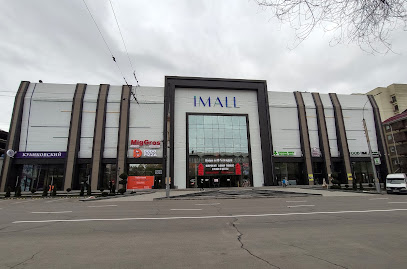
Red Centre
Explore the vibrant Red Centre in Bishkek, a shopping paradise offering local and international brands, diverse dining options, and family-friendly entertainment.
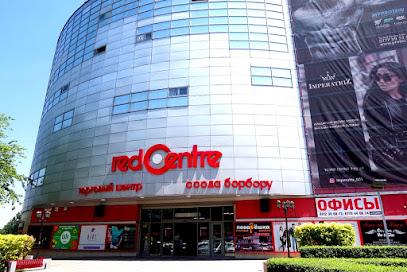
Bekbekei
Explore Bekbekei in Bishkek for an authentic shopping experience that showcases local crafts and delicious Kyrgyz flavors.
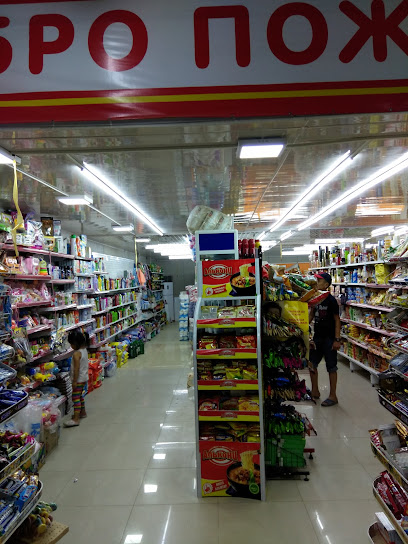
Besh Sary Siti
Explore Besh Sary Siti in Bishkek for a vibrant shopping experience blending local culture, unique crafts, and delicious Kyrgyz cuisine.
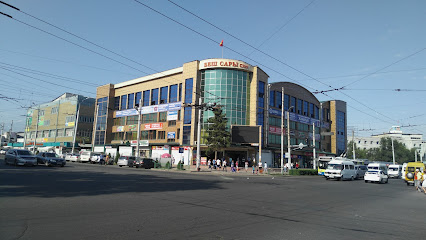
MaDe Обувь Германия (Rieker, Jomos, Caprice, Riveri, Marco Tozzi))
Explore MaDe Обувь Германия in Bishkek for stylish footwear from top brands like Rieker and Marco Tozzi, perfect for every occasion.
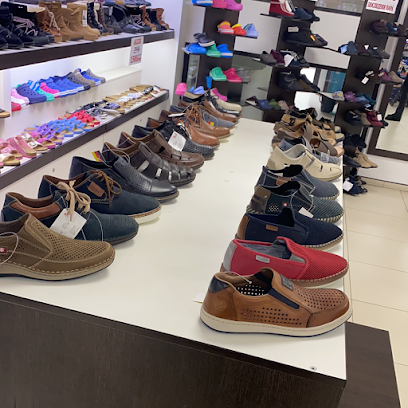
Essential bars & hidden hideouts
Metro Pub
Discover the vibrant nightlife of Bishkek at Metro Pub, where great drinks and lively atmosphere await you.
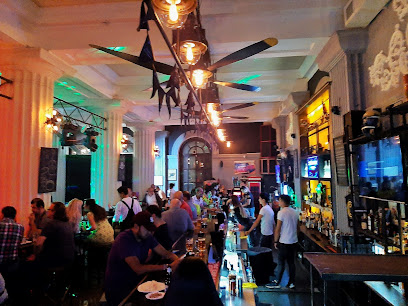
Pinta Pub Frunze
Discover Bishkek's lively nightlife at Pinta Pub Frunze, where local beers and a vibrant atmosphere await you.
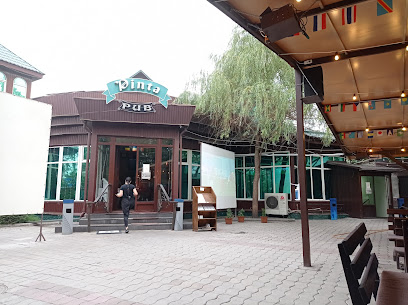
Munchen pub
Discover the lively Munchen Pub in Bishkek, where vibrant nightlife meets delicious drinks and a welcoming atmosphere, perfect for all travelers.
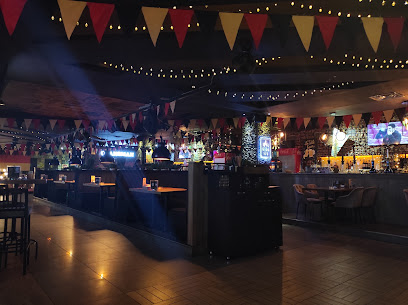
Center Bar
Discover Bishkek's nightlife at Center Bar, a dynamic spot for dancing, karaoke, and delicious steaks in a lively setting.
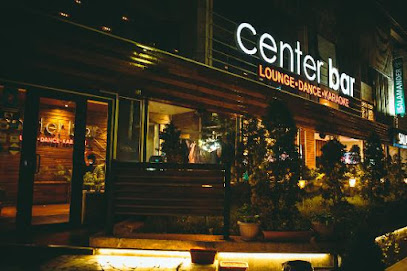
LiveBar Rooms
Discover the lively atmosphere at LiveBar Rooms in Bishkek, where karaoke, delicious food, and vibrant nightlife come together for an unforgettable experience.
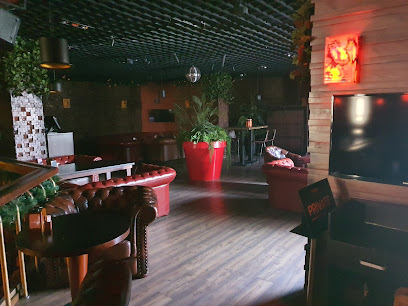
LiveBar
Experience the vibrant social scene of Bishkek at LiveBar, your ultimate destination for drinks, hookah, karaoke, and sports entertainment.
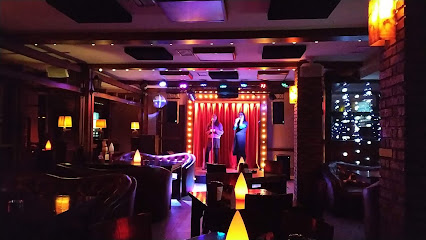
Steinbräu Pub
Experience the vibrant atmosphere and exceptional craft beers at Steinbräu Pub, a top brewpub destination in Bishkek.
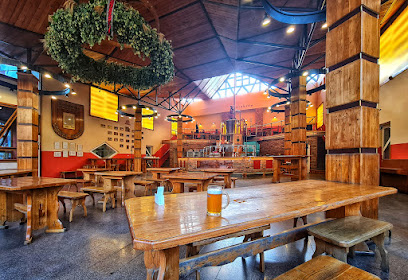
Guinness Pub Bishkek
Discover the vibrant nightlife of Bishkek at Guinness Pub, where great drinks, delicious food, and a friendly atmosphere await.
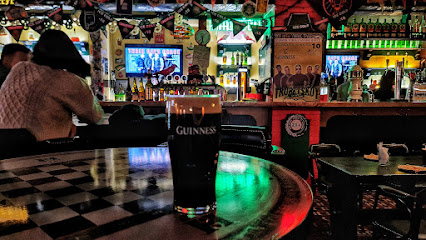
SomeWhere Bistro
Experience the vibrant blend of art, music, and culinary delights at SomeWhere Bistro in Bishkek, where every meal is a celebration of local culture.
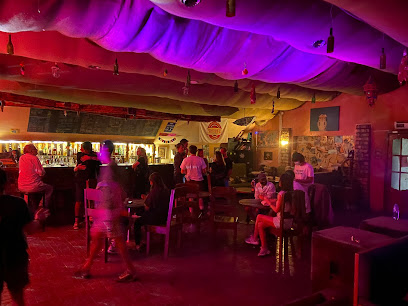
Bar 12
Experience the vibrant nightlife at Bar 12 in Bishkek, where eclectic drinks and lively atmosphere come together for an unforgettable evening.
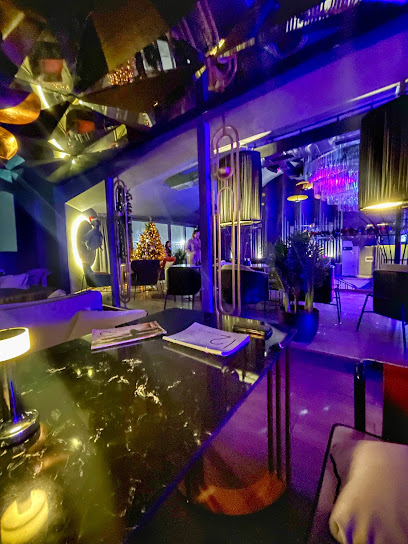
Times Bar
Discover the lively atmosphere and diverse drink menu at Times Bar, Bishkek's hotspot for nightlife and socializing.
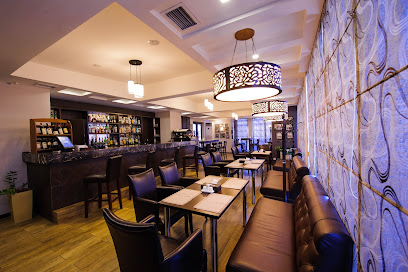
Brewster – Craft Beer
Experience the best of Bishkek's craft beer culture at Brewster, where local brews and a cozy atmosphere await every beer enthusiast.
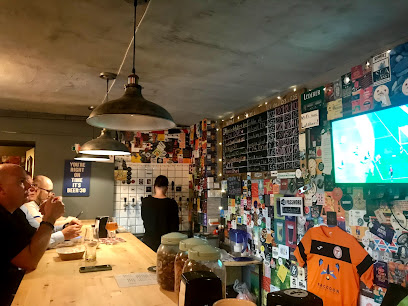
Good Spirits
Experience the vibrant nightlife at Good Spirits, a beloved bar in Bishkek offering a unique atmosphere and a great selection of drinks and food.
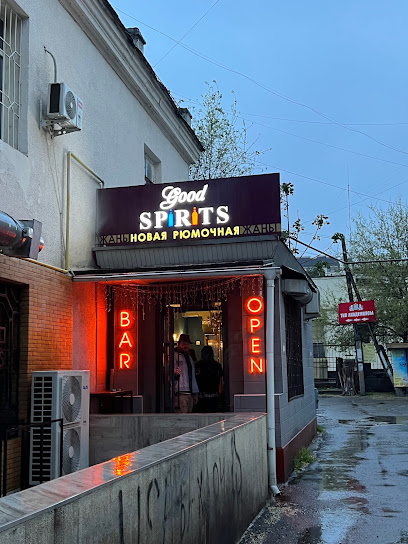
Wine Bar M. Chapoutier Bishkek
Discover the elegance of Wine Bar M. Chapoutier in Bishkek, where fine wines and a chic atmosphere create unforgettable experiences.
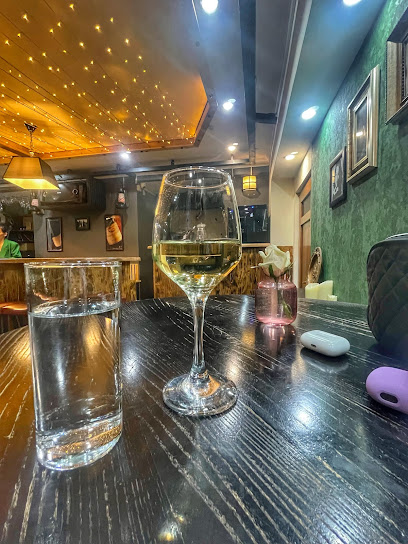
Local Phrases
-
- HelloСалам
[Salám] - GoodbyeКалтырсыздар
[Kaltırsızdar] - YesОоба
[Ooba] - NoЖок
[Jok] - Please/You're welcomeКөрсөтүүчү бол
[Körsötüüchü bol] - Thank youРахмат
[Rahmat] - Excuse me/SorryКечиресиз
[Keçiresiz] - How are you?Кандайсыз?
[Kandaysız?] - Fine. And you?Жакшым. Сиз кандайсыз?
[Jakşım. Siz kandaysız?] - Do you speak English?Сиз англисче сөйлөшөтүп жатасызбы?
[Siz anglişçe söylöşötüp jatasızby?] - I don't understandМенин боюм жок
[Menin boyum jok]
- HelloСалам
-
- I'd like to see the menu, pleaseМенинге менюду көрдүрүүдө
[Meninge menüdü kördüruüdö] - I don't eat meatМен маймытты кыймайм
[Men maymıttı kıymaym] - Cheers!Бактылуу болсун!
[Baktıluu bolsun] - I would like to pay, pleaseМенинге төлөмдү көрдүрүүдө
[Meninge tölömdü kördüruüdö]
- I'd like to see the menu, pleaseМенинге менюду көрдүрүүдө
-
- Help!Жардам!
[Jardam!] - Go away!Алыстан кет!
[Alystan ket!] - Call the Police!Полицияга чакыр!
[Politsiyaga çakır!] - Call a doctor!Докторга чакыр!
[Doktorga çakır!] - I'm lostМен кайболдум
[Men kayboldum] - I'm illМен ыбыраксызмын
[Men ıbyraqsızmın]
- Help!Жардам!
-
- I'd like to buy...Менинге ... сатып алуу керек
[Meninge ... satıp aluu kerek] - I'm just lookingМен тек карайтканмын
[Men tek karaytkanmın] - How much is it?Бушулганы канча?
[Buşulganı kança?] - That's too expensiveБушулганын алдынан жакшы
[Buşulganın aldınan jakşı] - Can you lower the price?Бушулганын буундай жогорулатасызбы?
[Buşulganın buunday yogorulatasızby?]
- I'd like to buy...Менинге ... сатып алуу керек
-
- What time is it?Саат канчада?
[Saat kançada?] - It's one o'clockБир саат
[Bir saat] - Half past (10)Ондук бир жарым
[Onduk bir jarım] - MorningКүнө
[Künö] - AfternoonКеч
[Keç] - EveningАкшам
[Akşam] - YesterdayКече
[Keçe] - TodayБүгүн
[Bügün] - TomorrowЭрте
[Erte] - 1Бир
[Bir] - 2Эки
[Eki] - 3Үч
[Üç] - 4Төрт
[Tört] - 5Беш
[Beş] - 6Алты
[Altı] - 7Жети
[Jeti] - 8Сегиз
[Segiz] - 9Тогуз
[Toguz] - 10Он
[On]
- What time is it?Саат канчада?
-
- Where's a/the...?Бул ... каалайт?
[Bul ... kaalayt?] - What's the address?Мекени канча?
[Mekeni kança?] - Can you show me (on the map)?Мени (картада) көрсөтөбүзбү?
[Men (kartada) körsötöbüzbyzby?] - When's the next (bus)?Кийинки (автобус) кайда?
[Kiyinki (avtobus) kayda?] - A ticket (to ....)Билет (....га)
[Bilet (....ga)]
- Where's a/the...?Бул ... каалайт?
History of Bishkek
-
Bishkek, situated in the Chuy Valley, has a history that dates back to ancient times. Archaeological findings suggest that the area was inhabited by early nomadic tribes as far back as 500 BC. The fertile lands and strategic position along the Silk Road made it a vital crossroads for traders and conquerors alike.
-
During the height of the Silk Road, Bishkek served as a bustling trade hub. Merchants from China, Persia, and India would converge here, trading silk, spices, and precious stones. The city's position allowed it to flourish economically and culturally, becoming a melting pot of different civilizations.
-
In 1825, the Kokand Khanate built a fortress on the site that would become Bishkek. The fortress was a significant military and administrative center, aimed at controlling the local Kyrgyz tribes and protecting trade routes. The remnants of this fortress can still be seen today, offering a glimpse into the city's military past.
-
In 1878, the Russians captured the Kokand fortress and founded the city of Pishpek. As part of the Russian Empire, Pishpek began to modernize, with the introduction of new architectural styles, educational institutions, and infrastructural improvements. The city's layout and many of its buildings from this era still stand, reflecting Russian influence.
-
With the establishment of Soviet rule in 1919, Pishpek underwent significant changes. In 1926, the city was renamed Frunze in honor of Mikhail Frunze, a Bolshevik military leader born in Bishkek. The Soviet government implemented extensive urban planning, building wide boulevards, public squares, and monumental buildings. The city became a center for Soviet culture, education, and industry.
-
Following the dissolution of the Soviet Union in 1991, Kyrgyzstan gained its independence, and the city was renamed Bishkek. The capital city has since evolved into a vibrant urban center, blending Soviet-era architecture with modern developments. Bishkek today is a lively metropolis with a rich cultural heritage, bustling markets, and numerous parks and recreational areas.
-
Bishkek is known for its rich cultural tapestry, reflecting the diverse ethnic groups that have lived in the region. The city hosts numerous festivals throughout the year, including the Nooruz Spring Festival, which celebrates the Persian New Year with traditional music, dance, and food. The city's museums, theaters, and cultural centers offer a deep dive into Kyrgyz history, art, and traditions.
Bishkek Essentials
-
Bishkek is accessible via the Manas International Airport (FRU), located about 25 kilometers north of the city center. Direct flights are available from major cities in Europe, Asia, and the Middle East. Alternatively, you can reach Bishkek by train from neighboring countries like Kazakhstan. Overland travel by bus or car is also possible from nearby Central Asian countries.
-
Within Bishkek, public transportation options include buses, trolleybuses, and minibuses (marshrutkas). Taxis are widely available and relatively inexpensive, but it is advisable to agree on the fare beforehand. Ride-hailing apps like Yandex Go are also popular. For more freedom, you can rent a car, but be aware that driving conditions can be challenging due to traffic and road conditions.
-
The official currency in Kyrgyzstan is the Kyrgyzstani Som (KGS). Credit cards are accepted in many hotels, restaurants, and shops in Bishkek, but it is wise to carry cash for smaller establishments and markets. ATMs are widely available throughout the city, and currency exchange services are offered at banks and exchange offices.
-
Bishkek is generally safe for tourists, but it is important to remain cautious. Avoid walking alone at night, especially in poorly lit areas. Be wary of pickpockets in crowded places like Osh Bazaar. High-crime areas include the outskirts of the city and some parts of Dordoi Bazaar. Always keep an eye on your belongings and avoid displaying valuables.
-
In case of emergency, dial 112 for immediate assistance. Bishkek has several hospitals and clinics, with the National Hospital being one of the major medical facilities. It is recommended to have travel insurance that covers medical emergencies. For minor health issues, pharmacies are readily available throughout the city.
-
Fashion: Do dress modestly, especially when visiting religious sites. Avoid wearing overly revealing clothing. Religion: Do respect local customs and traditions. Remove your shoes and cover your head when entering mosques. Public Transport: Do be respectful and give up your seat to elderly passengers. Don't eat or drink on public transport. Greetings: Do greet people with a handshake. A slight bow of the head is also a sign of respect. Eating & Drinking: Do try local delicacies and accept food offerings graciously. Don't refuse hospitality, as it is considered impolite.
-
To experience Bishkek like a local, visit the Osh Bazaar for fresh produce and traditional goods. Engage with locals; they are often friendly and willing to share stories about their culture. Don't miss the Ala-Too Square, which is a central point for many events and gatherings. For a unique experience, explore the nearby Ala-Archa National Park, offering stunning natural landscapes and hiking opportunities.
Nearby Cities to Bishkek
-
Things To Do in Tokmok
-
Things To Do in Kemin
-
Things To Do in Kyzyl-Oi
-
Things To Do in Kochkor
-
Things To Do in Cholpon-Ata
-
Things To Do in Jalal-Abad
-
Things To Do in Andijan
-
Things To Do in Osh
-
Things To Do in Karakol
-
Things To Do in Namangan
-
Things To Do in Shymkent
-
Things To Do in Angren
-
Things To Do in Chirchiq
-
Things To Do in Tashkent
-
Things To Do in Khujand













